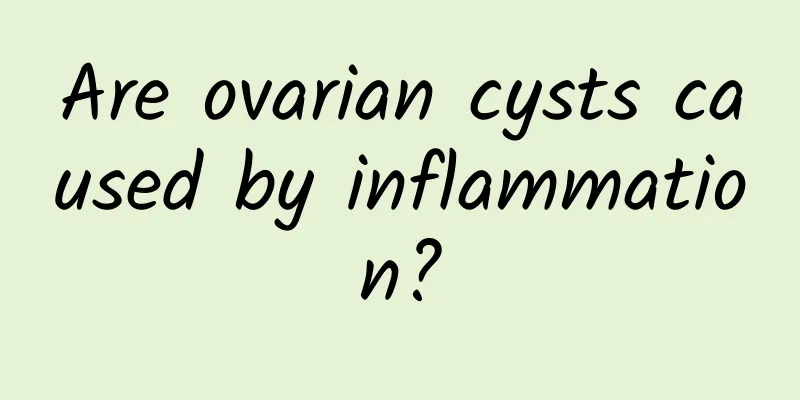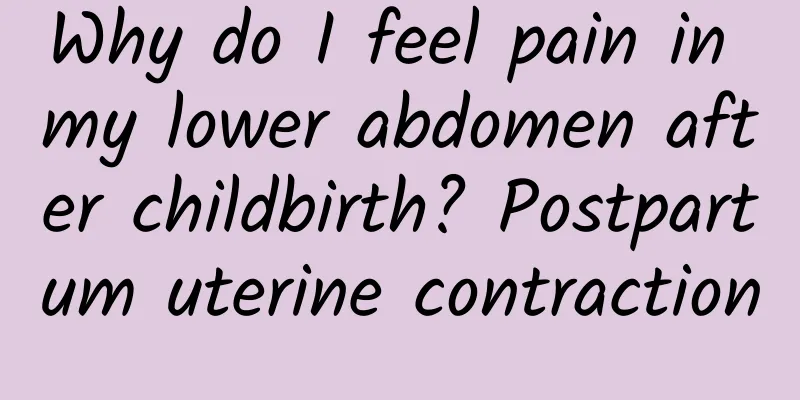Dietary considerations for adenomyosis

|
Adenomyosis is one of the common gynecological diseases. There are many symptoms of adenomyosis. So what are the dietary precautions for adenomyosis? In addition to receiving treatment in the hospital, the diet of patients with adenomyosis in daily life is also very important. Experts say that a reasonable diet can not only relieve symptoms, but also speed up the treatment of the disease. Dietary considerations for adenomyosis: Dietary precautions for adenomyosis! Patients with adenomyosis should not eat sour foods. Acidic foods have astringent and astringent effect, which makes the blood stagnant and is not conducive to the smooth flow and discharge of menstrual blood. Therefore, patients with dysmenorrhea should try to avoid eating such foods during menstruation. Acidic foods include rice vinegar, hot and sour vegetables, kimchi, pomegranate, green plum, bayberry, strawberry, carambola, cherry, sour jujube, mango, apricot, plum, lemon, etc. Dietary precautions for adenomyosis! Patients with adenomyosis should not eat spicy food. Some patients with dysmenorrhea already have heavy menstrual flow. Eating spicy, warm and irritating food will aggravate pelvic congestion and inflammation, or cause excessive contraction of uterine muscles, which will aggravate dysmenorrhea. Therefore, patients with dysmenorrhea should try to eat less or no spicy food such as chili pepper, pepper, garlic, onion, ginger, leek, chicken soup, durian and spicy condiments. Patients with adenomyosis should not be greedy for cold food. Women with poor gastrointestinal function should avoid eating raw, cold foods before and during menstruation, such as cold drinks, raw cold dishes, crabs, snails, clam meat, leeches, pears, persimmons, watermelons, bananas, bitter melon, mangosteen, mung beans, cucumbers, water chestnuts, grapefruits, oranges, etc., so as to avoid cold stagnation and blood stasis which may aggravate dysmenorrhea. Patients with adenomyosis should try to eat less lamb, shrimp, crab, eel, salted fish, black fish, etc. Patients with adenomyosis should avoid eating foods that are hot, coagulant, or contain hormones, such as longan, red dates, donkey-hide gelatin, and royal jelly. For middle-aged women of childbearing age, if dysmenorrhea worsens secondary to symptoms such as menorrhagia, prolonged menstruation, and uterine enlargement, adenomyosis should be considered and medical attention should be sought promptly. |
<<: The difference between threatened abortion and menstruation
>>: Tips to relieve menstrual cramps
Recommend
What can't you eat if you have uterine fibroids? What are the dietary taboos for patients with uterine fibroids?
The exact cause of uterine fibroids is still uncl...
Chronic pelvic inflammatory disease may lead to ectopic pregnancy
Chronic pelvic inflammatory disease may cause ect...
What should I pay attention to when my endometrium thickens?
Endometrial thickening is a tendency to cancer. S...
Postpartum recovery relies on yoga to shape your body and beautify your figure
After ten months of pregnancy, do you feel reliev...
What are the dangers of drug amenorrhea
What are the hazards of drug-induced amenorrhea? ...
What medicine should be used for pelvic inflammatory disease and excessive vaginal discharge? It is decided by the doctor
If there are symptoms of pelvic inflammatory dise...
What are the common methods of treating cervicitis?
Cervicitis has brought a lot of troubles to our l...
Can uterine fibroids be cured?
Can uterine fibroids be cured? 1. Uterine fibroid...
Will pelvic inflammatory disease affect the fetus?
Does pelvic inflammatory disease have any impact ...
Groin strain and bursa injury and inflammation during yoga
Don’t try to force yourself when doing yoga moves...
Will eating honey make you fat? 5 major myths busted at once!
Honey is fragrant and sweet. It can be made into ...
In what situations is artificial abortion not appropriate?
In what cases is it not suitable to have an artif...
Cost of treating early cervical precancerous lesions
Nowadays, many friends suffering from cervical ca...
What causes ectopic pregnancy?
Under what circumstances can an ectopic pregnancy...
Feeling exhausted halfway through a long-distance run? The reason is unexpected
Road running has become more and more popular rec...









